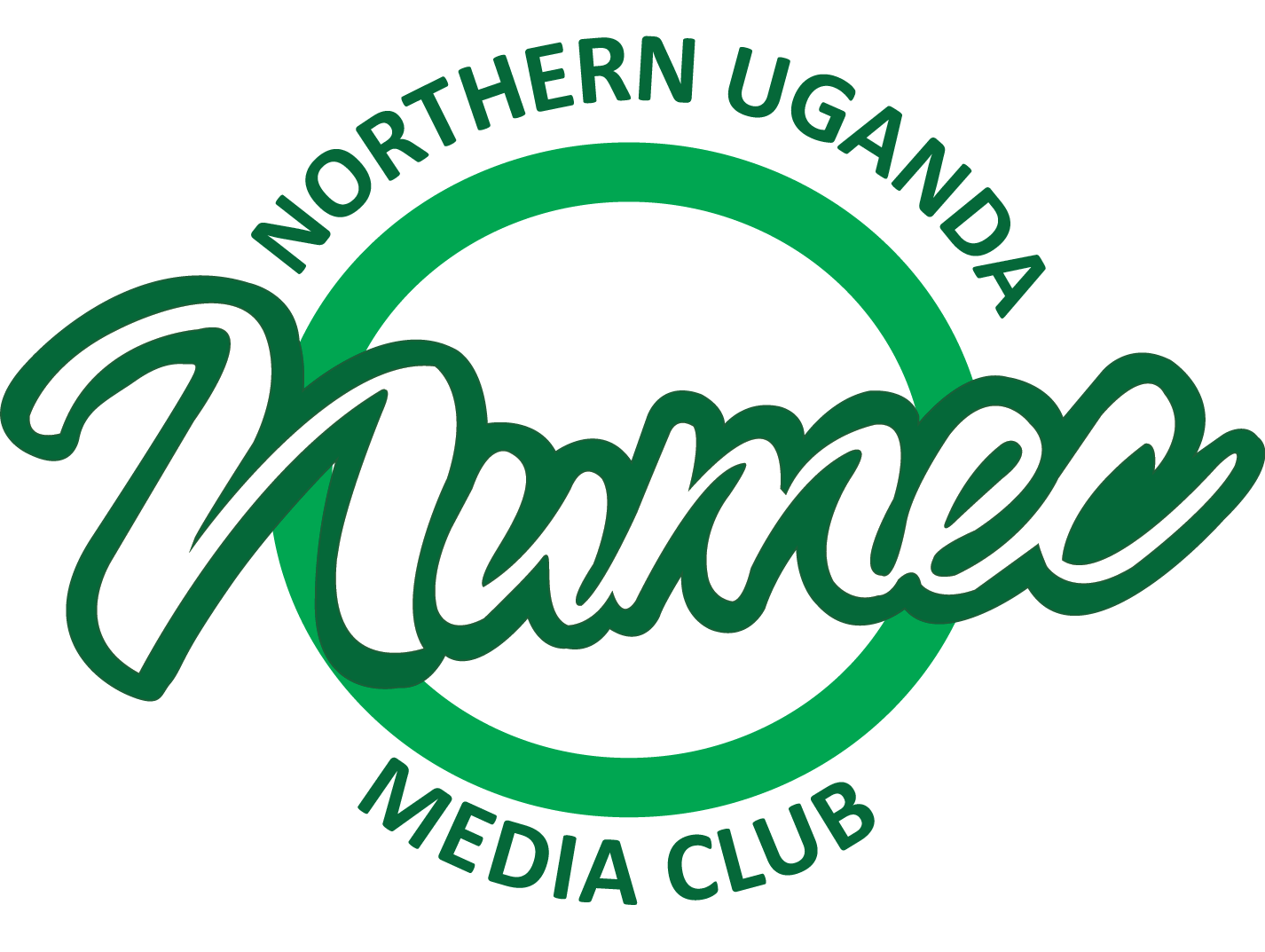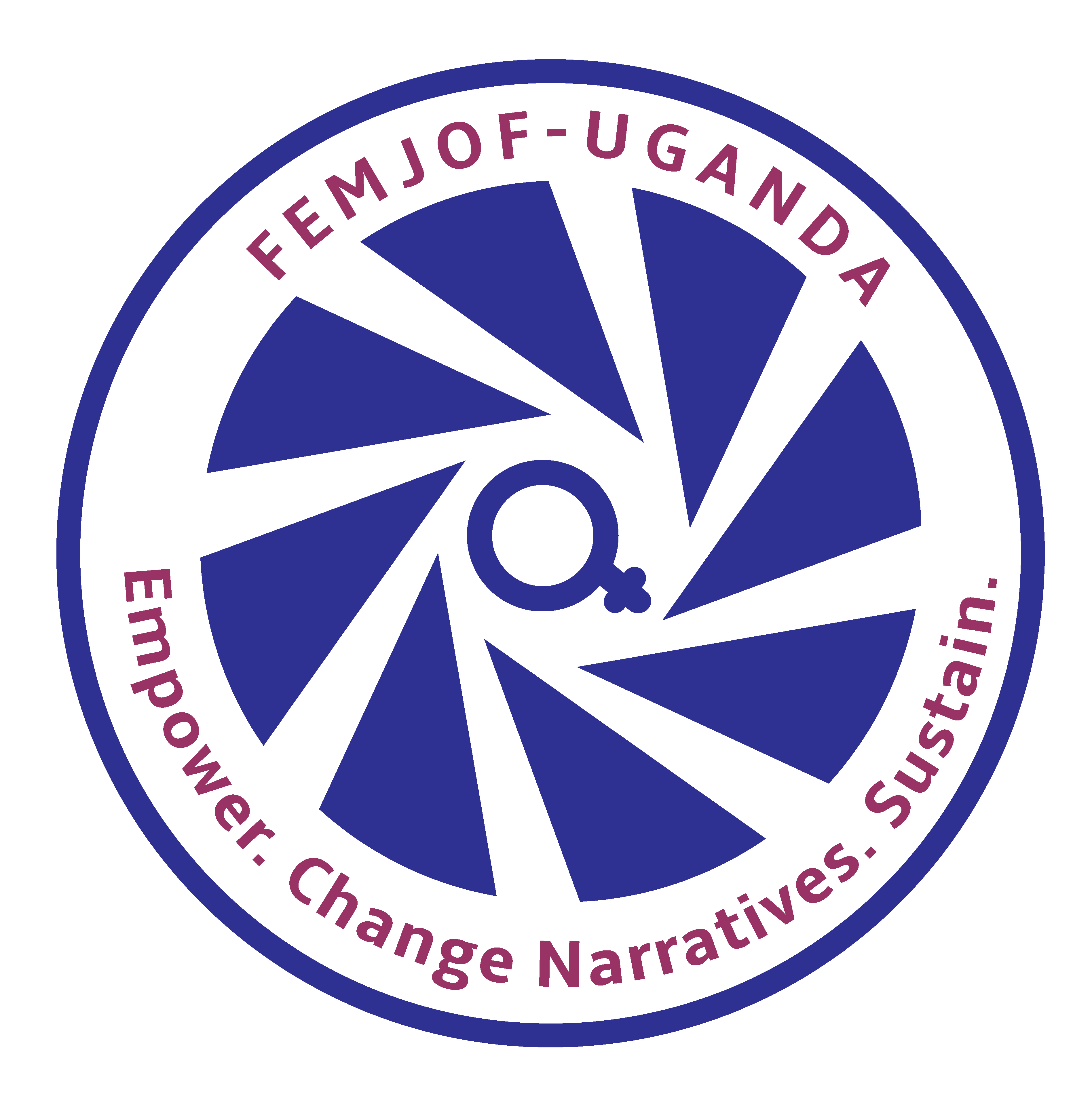Location: Uganda
Informing communities on the dangers of oil project
- Vanguard Media Ltd.
Journalists at Vanguard Media Ltd. produced 18 print articles, one television programme, six podcasts in audio and video format, three radio talk shows and two YouTube videos. They also carried out five Twitter space conservations and launched a social media campaign, available under the hashtag #EACOPClimateTalks. Their work focused on disseminating news to local communities on the dangers that come with an oil pipeline project, such as climate change, biodiversity loss and environmental challenges. Vanguard Media Ltd. intends to continue informing local communities about their rights and privileges, and help its audience become more pro-wildlife and pro-environment.
Mitigation measures to counteract the effects of climate change
- Northern Uganda Media Club (NUMEC)
NUMEC worked with four leading radio stations in northern Uganda to produce a three-part series in English and Luo, exploring the impact of climate change on the agricultural productivity of smallholder rural farmers in northern Uganda. It also looked at the mitigation techniques farmers can deploy to boost food productivity and income amidst climatic changes. The first episode focused on the manifestations of climate change in the region, while the second looked at the impact of climate change on smallholder farmers. The third delved into mitigation measures that farmers can adopt. Through this project, NUMEC hopes to raise awareness among smallholder farmers in northern Uganda about how mitigation measures can help reduce the effects of climate change on productivity.
Climate change mitigation strategies that promote community empowerment
- Female Journalists Forum – Uganda (FEMJOF)
FEMJOF conducted a training of 15 women journalists on environmental and climate change reporting for this project. They produced eight stories, including four multimedia pieces, and focused on climate change adaptation and mitigation strategies, such as renewable energy and conservation solutions. Reporters gained an understanding and appreciation of topics related to climate change in order to produce more stories of impact, and learnt skills that allowed them to undertake storytelling on climate change beyond this project. With the help of this grant, FEMJOF aimed to transform and empower communities by sensitising the public to various climate change adaptation and mitigation measures. In this way, information became a tool in promoting socio-economic development.
Climate change solutions for communities near Uganda’s lakes
- Vision Group – New Vision Printing and Publishing Company
This project aimed to highlight the impact of climate change on poor communities along three major bodies of water in Uganda: Lakes Victoria, Albert and Kyoga. The company produced 70 stories on climate change across the Vision Group platform, including 10 print articles, 18 short videos on the New Vision app, 17 television broadcasts, 22 radio shows and three podcasts. The content offered a global dimension to climate change while showing the local impacts: it has been linked to the current droughts and floods that have displaced thousands living near bodies of water in Uganda. Other themes focused on how climate change has disrupted social settings, destroyed critical infrastructure, and impacted women and children. It also looked at Uganda’s current legal framework as well as policy gaps and progress. The interactive nature of the project enabled citizens to contribute to policy debate.
Raising awareness on wetlands
- Delta FM Radio Ltd.
Delta FM Radio embarked on a large undertaking to raise awareness about how invading wetlands can result in a change in weather patterns, unreliable rainfall and prolonged periods of drought. As part of this project, journalists produced 14 wetland updates in their radio bulletins for three districts, 16 web articles, three podcasts, three talk shows on wetlands and a video documentary. In addition to bringing these issues to a wider audience, the project also aimed to encourage the government to create alternatives for people cultivating swamps in order to increase wage-earning. The project helped journalists to broaden their reach to community leaders and local residents, and gain more recognition as a reliable news source on climate change and the environment.







